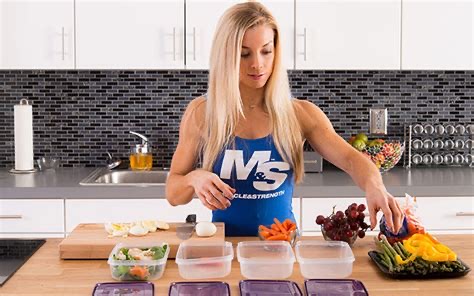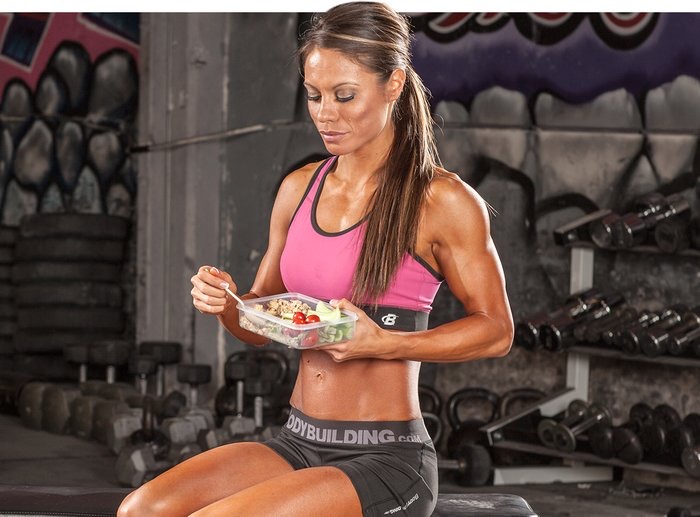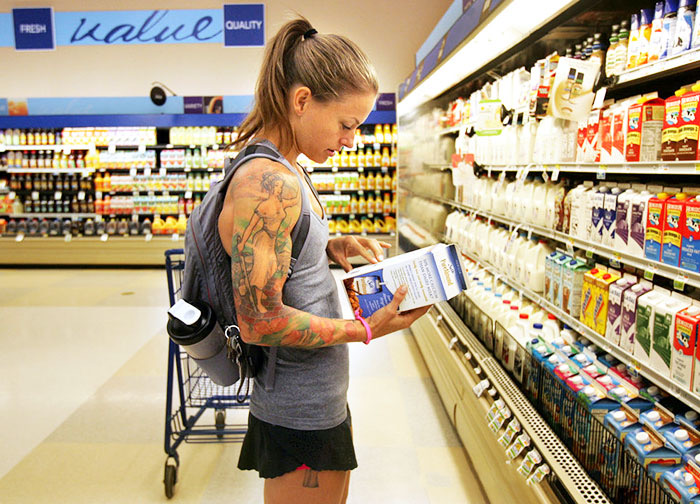As a public service, we reproduce an exceprt of an article from Consumer Reports:
If You’re Getting Your Groceries Delivered
Even if a grocery store or warehouse is thoroughly cleaned on a regular basis, the delivery person needs to take the same precautions to prevent the spread of a virus to you.

(Among the six services in our recent review of grocery delivery services, AmazonFresh, Amazon Prime Now, Instacart, and Shipt employ independent contractors for deliveries. Instacart has begun offering up to 14 days of pay to all shoppers—including independent contractors—sidelined by coronavirus, plus sick pay to its part-time in-store shoppers. FreshDirect and Peapod delivery personnel are company employees; and Walmart, which wasn’t part of our ratings, uses DoorDash for deliveries.)
While those companies might recommend that deliverers wash their hands often, practice other hygiene measures, and stay home when they’re feeling sick, they can’t monitor whether drivers are actually taking those precautions, says Erin Hatton, an associate professor of sociology and a labor scholar at the University of Buffalo. “And without paid sick leave, workers are going to try to push through as much as they can,” Hatton says.
So follow these steps when ordering deliveries:
Avoid a direct hand-off. Arrange to have the items delivered to your doorstep or a place nearby instead. Instacart added that option last week; other companies have a way to indicate special delivery instructions on their order forms. FreshDirect says its drivers will no longer bring groceries into a home.

Tip electronically. One benefit of ordering deliveries online or via an app is that you don’t have to hand the delivery person money. Opportunities to tip the delivery person are included in most of the delivery apps and online ordering systems.
Order earlier than you usually do. Though it’s not a safety issue, you may find that in the midst of higher demand you have to wait longer. FreshDirect, for instance, mentions on its home page that delivery times are filling up faster than usual. AmazonPrime Now, which chiefly delivers from Whole Foods, also mentions that “availability may be limited,” though it’s not clear whether that means delivery times are limited, items are limited, or both. (An Amazon representative didn’t respond to a CR request for comment.)
If You’re Picking Up Prepacked Groceries
The steps are basically the same for this option as for delivery. If you’ve ordered and are merely having someone put the groceries in your car in a parking lot—an option at about 3,000 Walmart locations nationwide—consider opening your car door yourself rather than having the person bringing the items to your car touch the handle. And if you can tip on a supermarket’s app, do so rather than handing over cash. (Walmart’s employees aren’t permitted to take tips.)

If You’re Buying Groceries in a Store
A key way to prevent the virus’s spread is to stay 6 feet away from other people. The CDC notes that’s generally the distance within which people pick up coronavirus droplets through the air from a cough or sneeze. Such “social distancing” is a good strategy in any situation outside the home, Rogers says. Other ideas:
Go shopping at a time that’s less busy. If you type in the store’s name and location in Google search, a box often will pop up showing when foot traffic there is highest.
Take germicide with you. Use it to wipe your hands and the cart before and after you shop.
Use a credit or debit card. That way, you don’t have to hand over bills or receive change. Also, use your own pen to sign receipts. If you can, use a virtual payment system like Apple Pay so that you don’t have to open your wallet at all.
